Luke Brynley-Jones writes in her blog, Our Social Times, how Applebee’s should not have handled a social media crisis. In the post, she explains how a pastor ate with a group at the restaurant, and when the bill came wrote a cute little note on the receipt explaining how she would not pay the tip. The note simply said “I give God 10%, why do you get 18”, and although she might’ve been a little mad about the note, she was probably really mad about getting fired.
Thompson then says the waitress proceeded to post a picture on the social media site, Reddit. She was fired because it was a “violat[ion] of the customer’s privacy.”
Applebee’s did not respond well. This topic was discussed all over social media for quite awhile, says Thompson. People responded with “over 10,000 mostly negative comments” to which Applebee’s responded with “the same comment over and over again.” They were also accused of blocking out the negative users. Applebee’s then continued their “downward spiral” by arguing with the users that were criticizing them. By the next day, there were “over 19,000 comments” on the post. By this point, Applebee’s was embarrassed and wanted to hide the post from getting more attention.
If people would just think about what they post before posting, it would save a lot of headache for everyone, and this could have been avoided.
Snapchat
One social media site in particular that has drawn a lot of controversy around it, Snapchat.
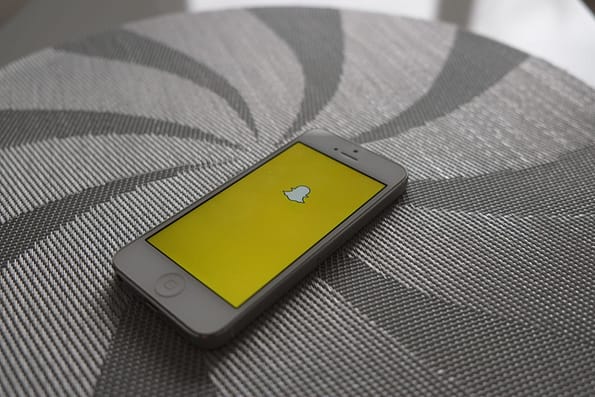
Picture by AdamPrzezdziek // Flickr
Most people today use the popular social media site Snapchat. Snapchat is free photo and video sharing app. It lets users “share a silly moment”, then after the recipient has viewed the photo, it disappears. Teens, and whoever else uses the app, love it because it’s a fun way to stay in touch by sharing “crazy photos [and videos]” or “Snaps” to their friends. There is wide range of people that use this app. Assuming people don’t lie, ages vary anywhere between 13-55. Since most people, especially kids, don’t read the “Terms of Use“, they don’t know that they must be 13 years old to use it. If they are under 18, they need a parent’s approval.
When one creates an account on Snapchat, “you [are] accept[ing] total responsibility” for anything that goes on in the account while logged in. So if a user decides to let their friend answer “streaks”, just remember the owner of the account is ultimately responsible for what they sent or said.
On the website, Family Share, there is a story about a 15-year-old boy that “exchanged Snaps” with a 14-year-old girl. In the beginning, they were fun and silly. As time progressed, she was wearing only undergarments. They soon progressed to more sexual images. Unfortunately, “the boy saved them” to his phone. Later, his mom found them there, she was horrified. She became very concerned. She checked the state laws and discovered that since the girl was underage, 14, it was considered illegal. The parent’s of the 14-year-old decided not to press charges, and just dismiss the issue without a whole lot of attention.
This could’ve been easily avoided if the girl thought about what she was doing, and what the consequences might be. She also could’ve used a little common sense.
Adam McLane writes in his blog some tips for parents are teens to keep in mind when participating in social media sites. “Everyone isn’t who you think.” He writes; “unless you know who every single person on your Snapchat friends list is, you don’t really know who is seeing the pictures you sent.” One also therefore cannot predict what that unknown person might send back. “Anonymity, […] never benifits teens.” McLane says there have been many studies done to show how far humans will go to “punish, harm, and humiliate fellow human beings” when they think they are harming someone anonymously.
The Milgram experiment was a series of social psychology experiments conducted by Yale University psychologist Stanley Milgram. “Milgram measured the willingness of study participants to obey an authority figure who instructed them to perform acts conflicting with their personal conscience. The experiment found, unexpectedly, that a very high proportion of people were prepared to obey, even if apparently causing serious injury and distress.” The experiment showed that people are willing to do anything for their own well being or pleasure.
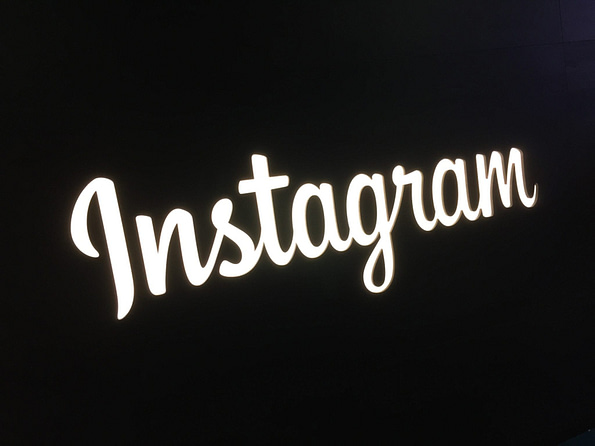
Picture by Matt McGee // Flickr
Another really popular social media site is Instagram. Instagram is an online mobile photo-sharing, video sharing, and social networking service that enables it’s users to take pictures and videos, and share them either publicly or privately on the app. With over 300 million users as of 2014, quite an increase from 2012 when there was only 100 million active users, Instagram has gained a lot of popularity among the many social media users across the world.
Instagram is hugely popular among teens and even elementary age kids. Just like Snapchat, Instagram’s age requirement is 13 or older, but no 10 year old is going to read the terms of use to find this out.
Instagram has 2 settings: public or private. And no matter which the user picks, predators can still looks at users’ bios and profile pictures to look for underage victims. If their settings are private, people have to request to follow. Anyone that wants to try and become “insta famous” might allow any person to follow them.
Users can also enable a feature that lets them, and anyone else, see where they are, where they’ve been, and also shows other users around a certain person’s location. This feature is called Geotagging. This reveals exactly where someone is. Instagram even encourages people to create a Photo Map.
Considering most people don’t read the Terms of Use, they don’t know that the user automatically grants permission to their “address book and allows it to upload that information to its servers.” How is that safe, or even private? Now the user just uploaded everything about your friends and family to Instagram’s servers. Instagram now has all that information, and they can do anything with it since you ‘agreed’ to the Terms of Use.
Even if you’re the most careful person on social media in what is posted, who can see it, and who it’s directly sent to, “the fact still exists that once anything is posted, it is public.” That means anything that posted today, what posted yesterday, or even 5 years ago, can “catch up with you.”
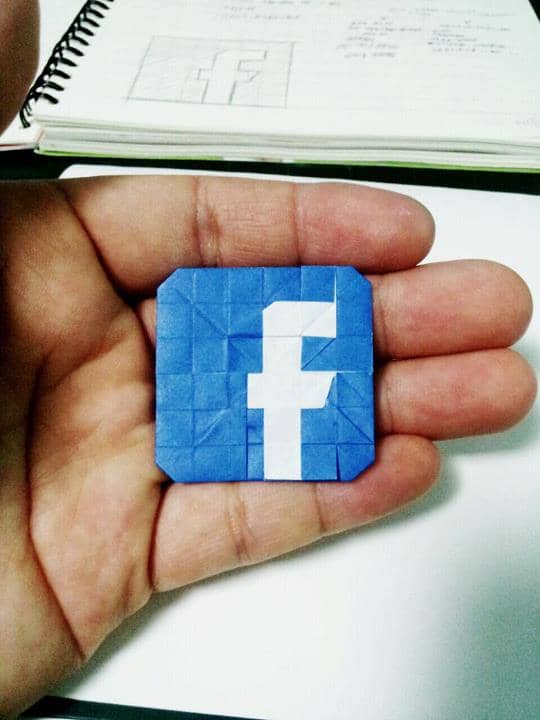
Picture by ki dam jeong// Flickr
In March 2016, Facebook had over 1.65 billion monthly active users. As of April 2016, Facebook was the most popular social media site in the world.
Facebook is an American for-profit corporation and online social media and social networking service based in Menlo Park, California.
With all the reports heard of companies getting hacked, information being stolen, as well as the whole identity theft issue, one may be left wondering whether Facebook is safe to use.
Kim Komando in her post How Safe is your Facebook Profile, writes “try to strike a balance between having fun and getting connected, while not becoming a target for stalkers and identity thieves.”
Facebook allows users to enter their address, birthday, phone number, and email. If Facebook wanted to keep its users safe, and protected from things like identity theft, they wouldn’t have them enter this precious information. Komando reminds us “once you let any of those details loose on the Web, they’re there forever.”
Konando also says anyone is able to “look up your profile, send you friend requests, send you Facebook messages, post on your Wall and see Wall posts by others.” Depending on a user’s settings determines who essentially can do all these things. There are 4 settings for viewing different content on Facebook; Public, Friends, Custom, and Only Me. If all one’s settings are set to Public, than anyone anywhere can view everything.
There are also features on Facebook in which “websites such as Bing, Rotten Tomatoes and games use and share your profile information to personalize your experience.” Facebook can now have the potential to share a user’s profile with the world. Anyone on those apps can view the profile now and potentially become a predator.
Although Facebook does have one primary level of security called Secure Socket Layer (SSL). This encrypts any data transmitted from Facebook in the event of an account hack.
Facebook also has a Blocked People and Apps section to help manage friends and/or apps. This section can also help if someone is being bullied.
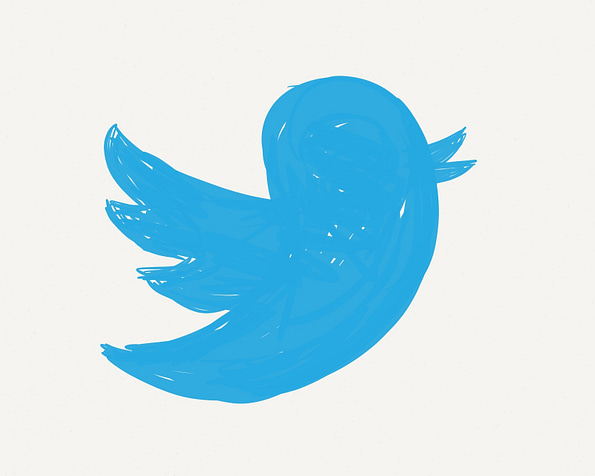
Picture by shelbyyvictoria // Flickr
On the day of the 2016 U.S. presidential election, Twitter was the largest source of breaking news. 40 million tweets were sent by 10 p.m. that day.
Twitter is an online news and social networking service where users post and read short 140-character messages called “tweets.” As of March 2016, Twitter had more than 310 million active users. In 2013, it was one of the 10 most-visited websites.
Steven Woda acknowledges the fact that many teens “like to see their number of followers climb to the highest number possible” with some not even knowing who’s reading their tweets. Teens can be vulnerable, he says. “It would be quite easy for a sexual predator to pretend to know a teen and set up a meet and greet in person.”
Many teens on Twitter are tweeting friends and people who have become friends simply by being on the social networking platform. This can be very dangerous for many different reasons. Users never truly know who their friends are. Someone could always be pretending to be a friend, so one must always be careful.
In fact, some people like “doxing” other users online. This means they are revealing someone’s personal identifiable information publicly. This could easily lead to identity theft. Doxing brings us back to the theory of the Milgram experiment. People enjoy causing others pain for their own pleasure. Every piece of information shared online will make it easier to find out who someone is.
Everyone is always saying that nothing ever goes away online. Maybe people should start listening. Sites like Snapchat are legally required to store every-single-image because if a law is broken and they’ve deleted evidence they might be criminally responsible. So is snapchat lying when they say it gets deleted or are they just not telling the full truth? Either way, you need to always be careful of what occurs online.
Are all these social media sites really safe, and even healthy for it’s users, especially for the younger ones?
Social media sites like Snapchat, and even Instagram, Facebook, and Twitter, would be a lot safer if there were more security features to protect it’s users. If users would take more precaution when setting up their account or when posting something, it would save everyone a lot of headache and trouble. It would also be safer, and a lot easier for everyone, if people just thought about the possible consequences this picture, that status update, or those tweets bring upon sending, or posting it. Those revealing pictures sent, they will be shared and forwarded, and they will always come back. Think before sending. Even if you know the person. Even if you know, or think, the person would never do anything with them, or to you. Always think before posting.
Picture by Jeremy Levin // Pexels




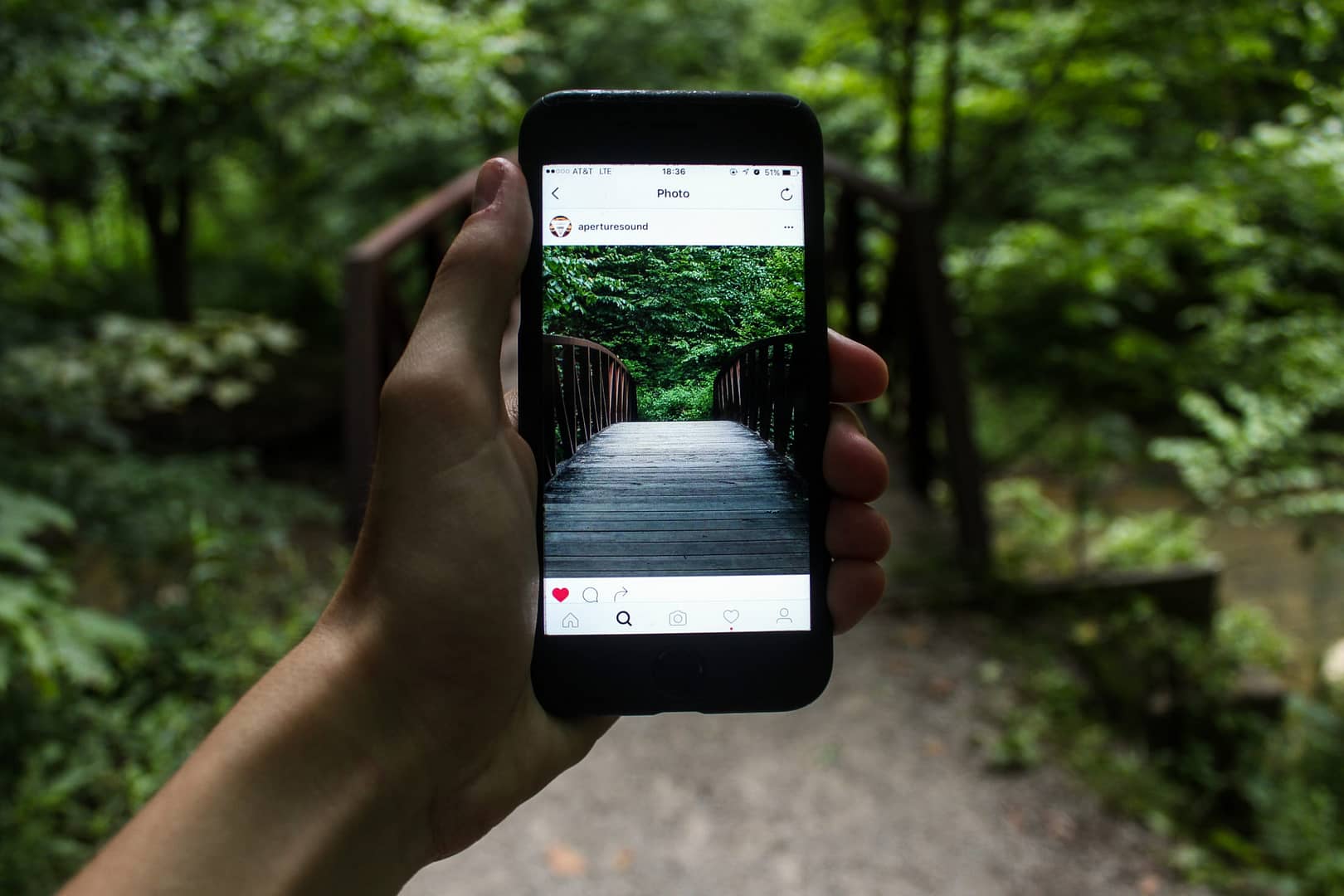
What do you think?
Show comments / Leave a comment